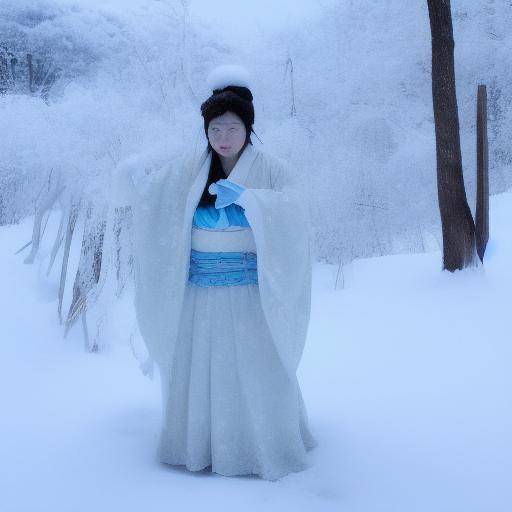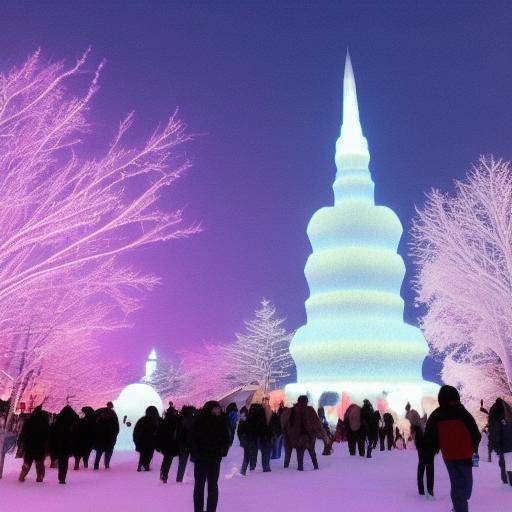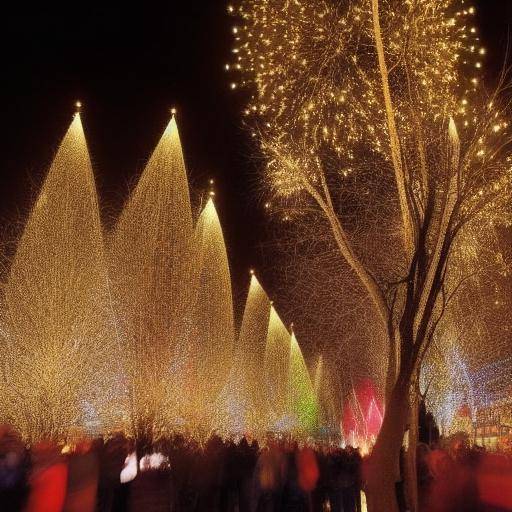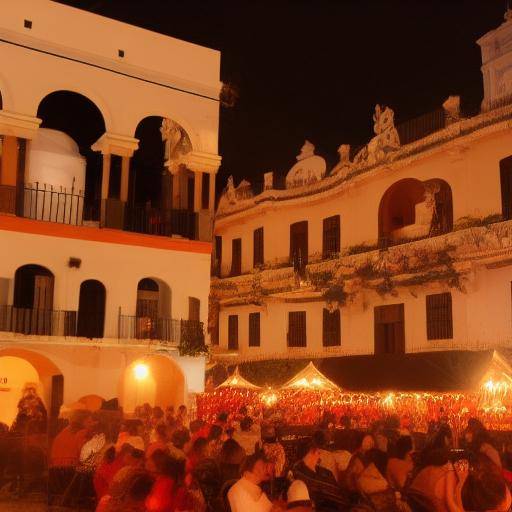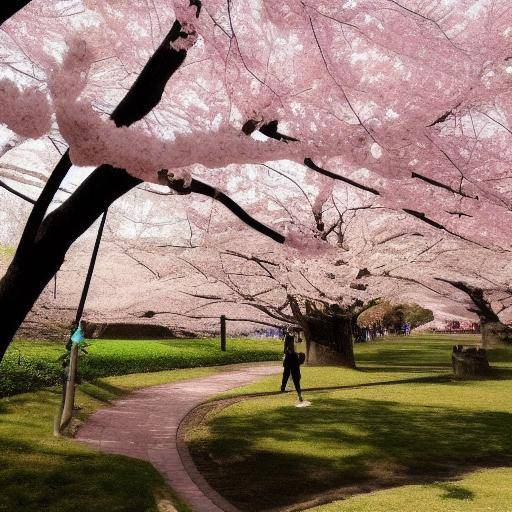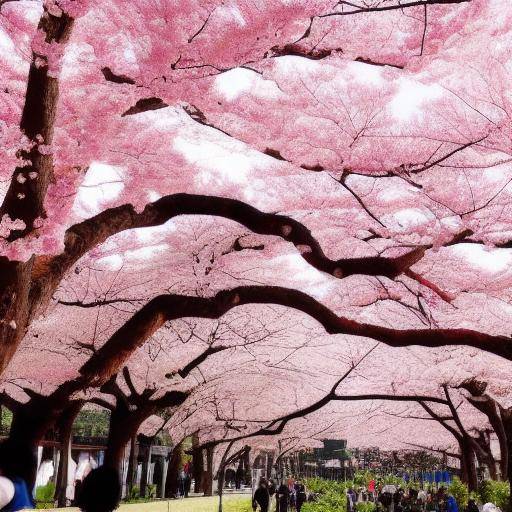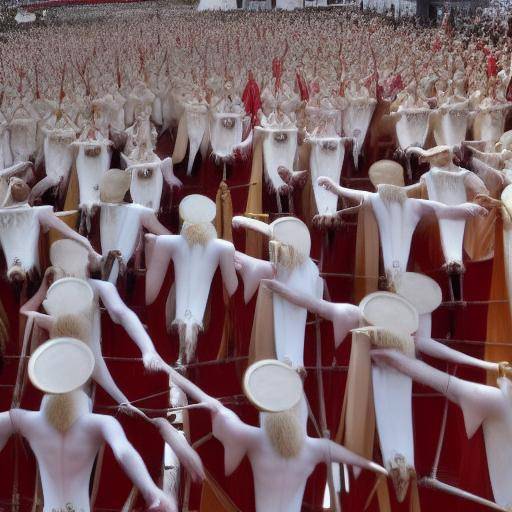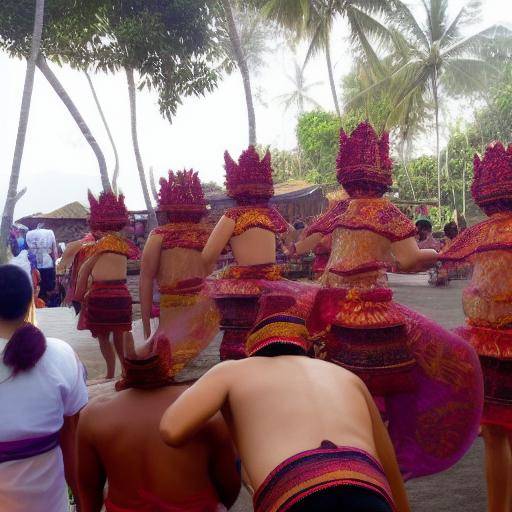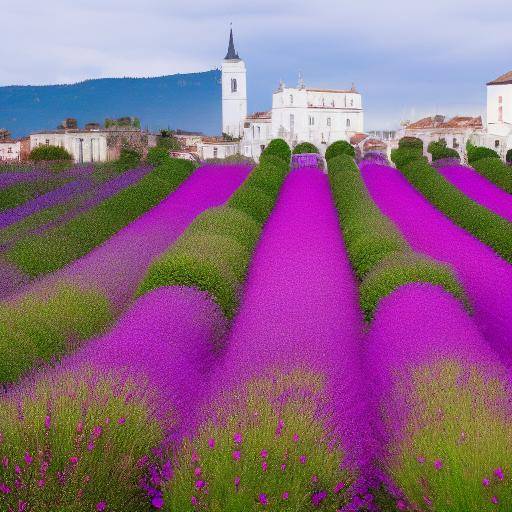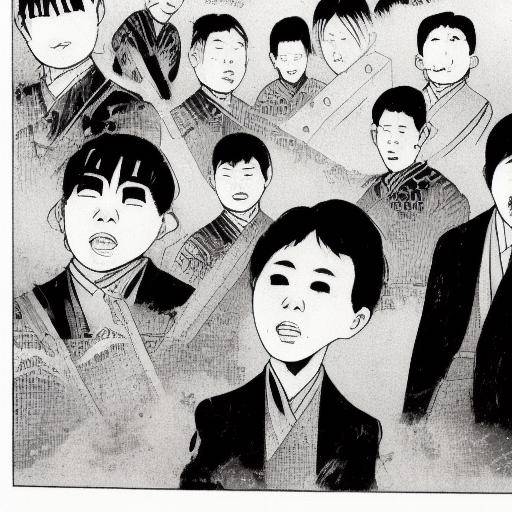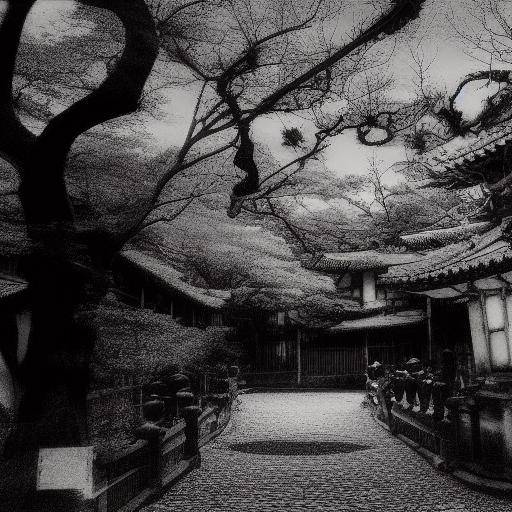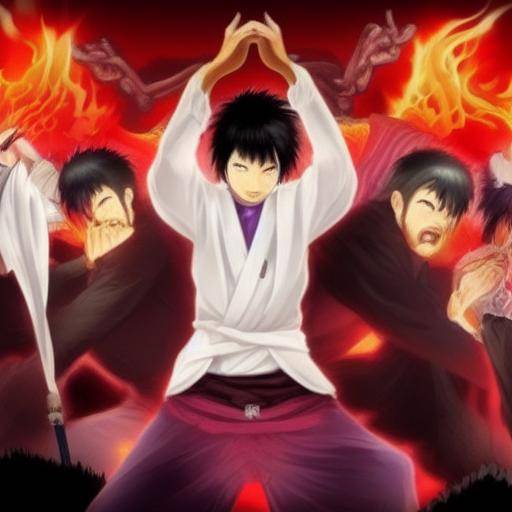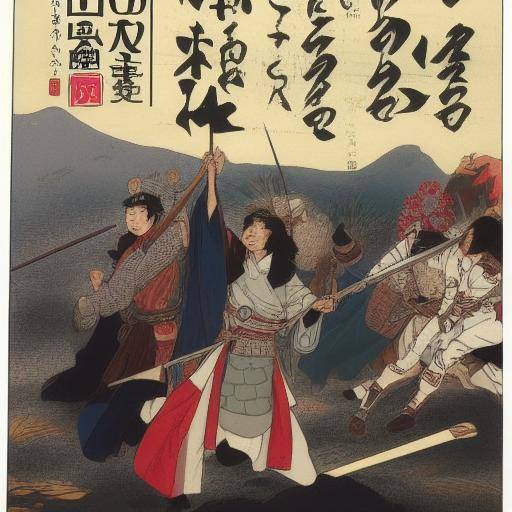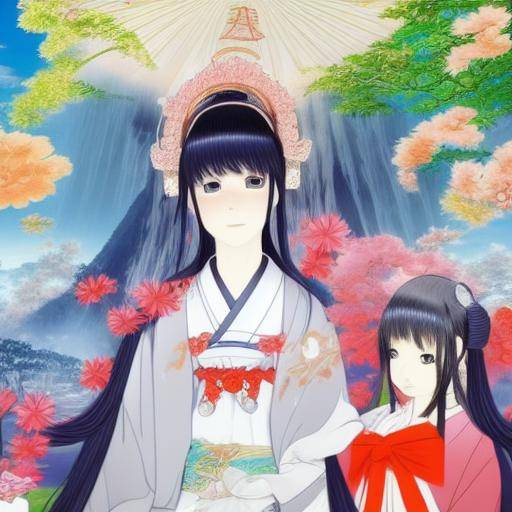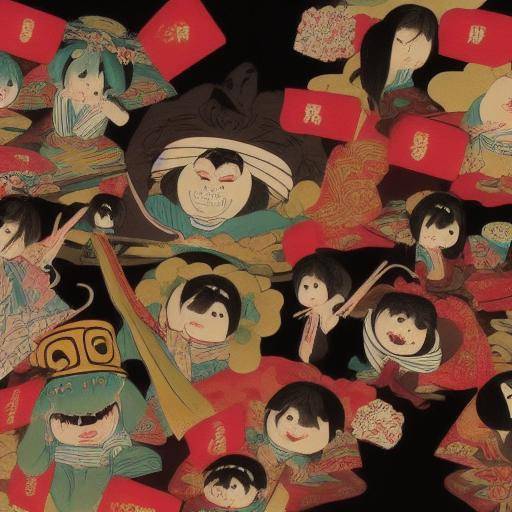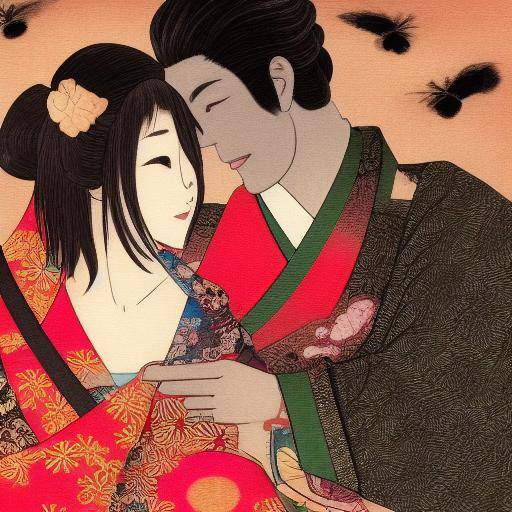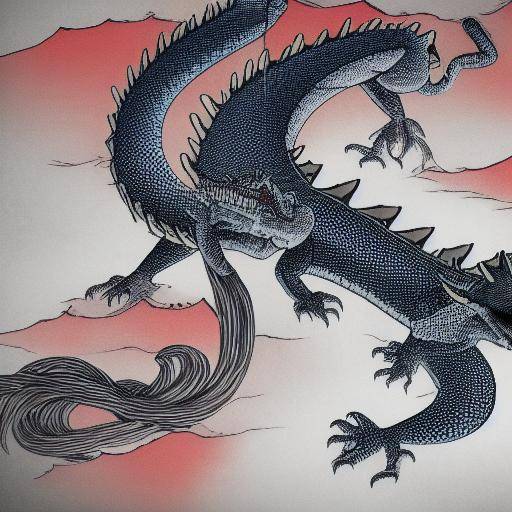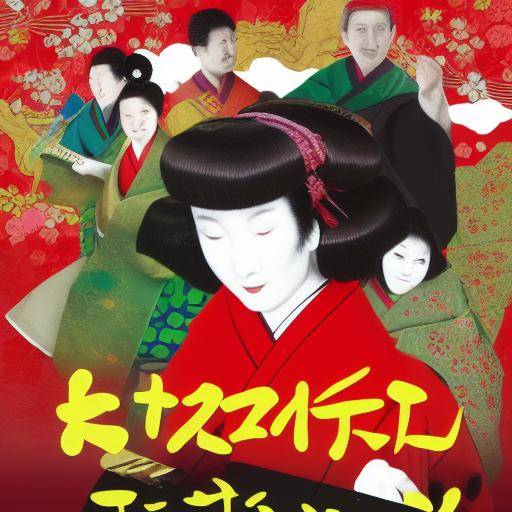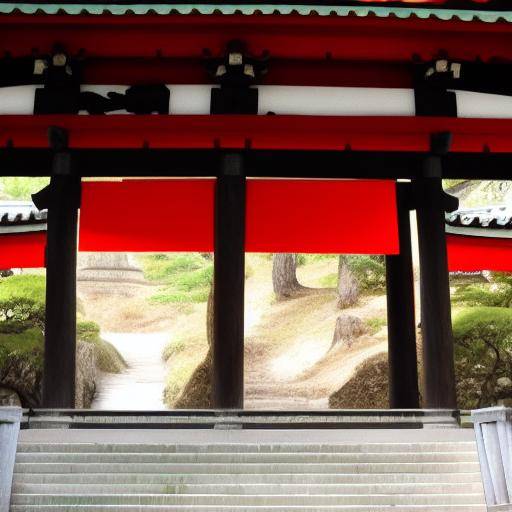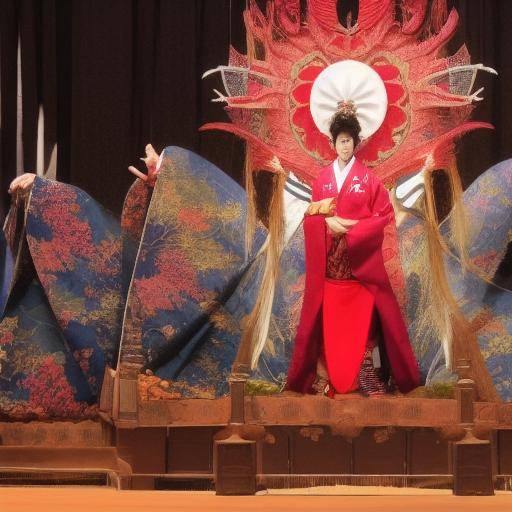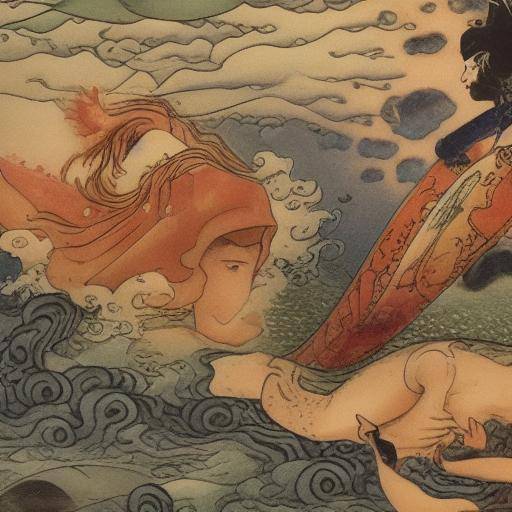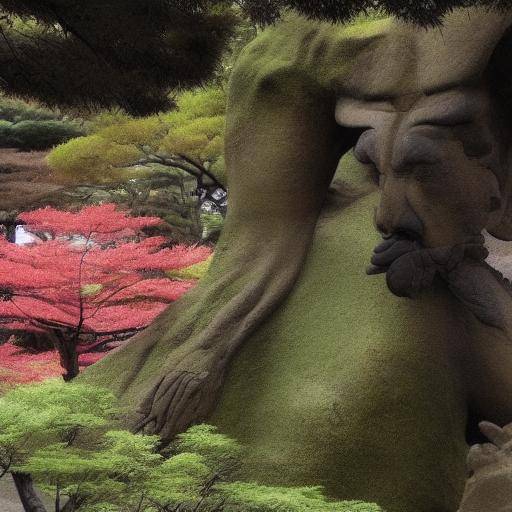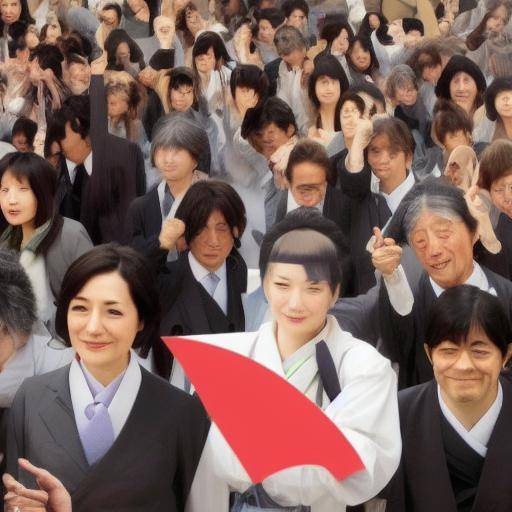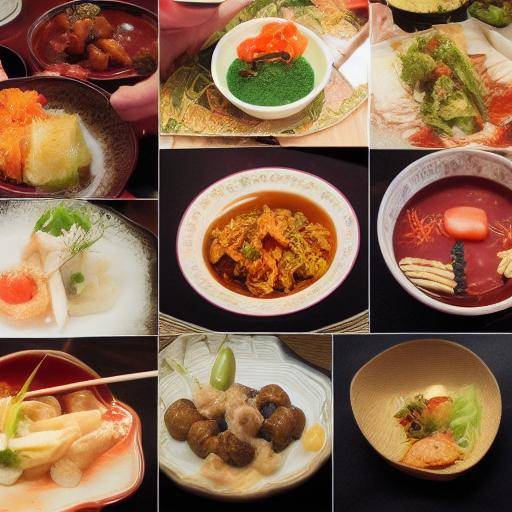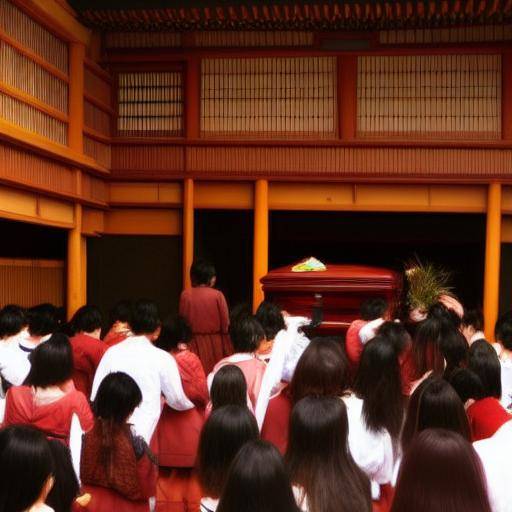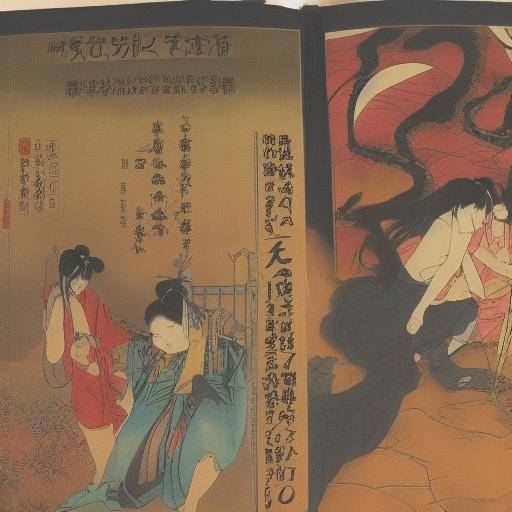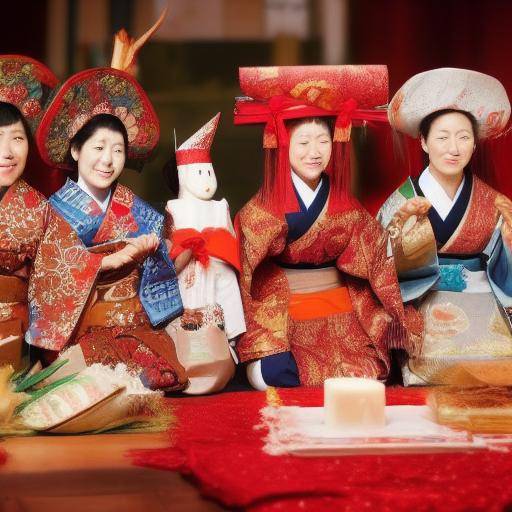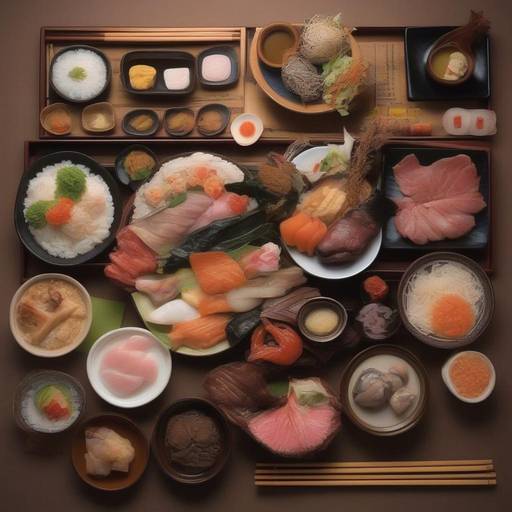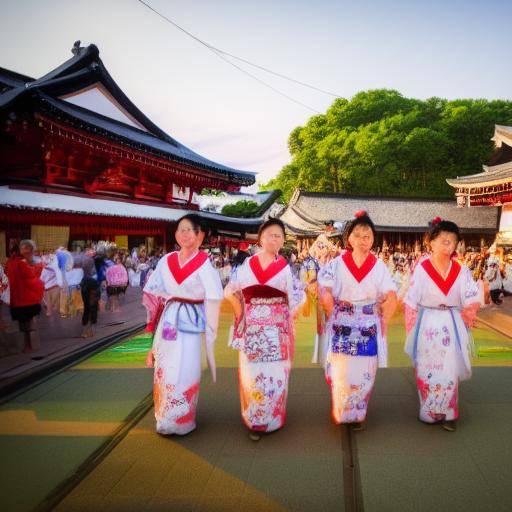
The summer festival in Japan is a unique celebration that allows visitors to immerse themselves in the rich history and traditions of the country. One of the most outstanding events is the festival of Obon, which honors the spirits of the ancestors. In this article, we will explore in depth the historical roots, the rooted traditions and the modern relevance of the summer festival in Japan, with a special focus on Obon. Through this immersion, we will discover cultural practices, the evolution of the festival and its impact on Japanese society. In addition, we will provide practical advice and in-depth analysis, along with fascinating stories and expert opinions. Get ready to be captivated by the wonders of the summer festival in Japan!
Introduction
The summer in Japan is a vibrant time full of traditional festivals that reflect the country's rich culture. Among these events, the Obon festival stands out as a deeply rooted celebration in Japanese history and customs. This ancestral festival is an opportunity to connect with the ancestors, honor their legacy and participate in traditional rituals that embody the very essence of Japanese culture.
History and Background
The festival of Obon has its roots in ancient Buddhist and Taoist traditions, and its origin dates back centuries. According to popular belief, during Obon, the spirits of the ancestors temporarily return to their homes to meet with their families. The celebrations are designed to welcome these spirits and give them comfort and peace.
In ancient times, Obon was celebrated according to the lunar calendar, but over time, the festival adapted to the Gregorian calendar, which made it a fixed seasonal event. Obon's holiday may vary slightly according to the region of Japan, adding additional layers of cultural wealth to the celebration.
Over the years, Obon has evolved to incorporate more contemporary elements, allowing traditions to remain alive and relevant in modern Japanese society.
Analysis in Deep
The summer festival in Japan, in particular Obon, plays a significant role in the social and spiritual life of the Japanese. During this festival, the communities join to participate in religious ceremonies, street festivals, folk dances and offerings to the ancestors. As Japan continued to modernize, the Obon festival also experienced changes, adapting to the changing needs and expectations of society.
In contemporary times, the festival of Obon has become a time of family gathering, where people travel long distances to be with their loved ones and to participate in the holidays. This period has also evolved to include cultural events and dance and music festivals, which attract locals and tourists alike.
Obon's celebrations not only provide an opportunity to honor the ancestors, but also play an important role in the local economy by promoting tourism and commercial activities. The resurgence of interest in ancient traditions and customs has contributed to the continuation and preservation of this ancestral festival.
Comprehensive review
The summer festival in Japan, with its focus on Obon, offers a fascinating view of the beliefs, values and interconnection of generations in Japanese culture. The practices associated with the festival are not only of spiritual importance, but also promote greater understanding of Japanese cultural heritage.
The resurgence of Obon's observance has also generated renewed interest in traditional arts, crafts and textiles, as well as in local gastronomy. The Japanese communities around the world have also embraced the festival of Obon, thus preserving their cultural traditions and transmitting them to future generations.
Comparative analysis
By comparing the summer festival in Japan, the country itself and the festival of Obon with other festivals and cultures of the world, the uniqueness and depth of Japanese traditions are evident. Meticulousness and focus on respect for the ancestors distinguish the festival of Obon from other summer events in the world, reflecting reverence towards history and family relations rooted in Japanese culture.
Practical Tips and Accessible Tips
If you are participating in the festival of Obon, it is important to respect and appreciate local traditions and customs. Some practical tips include:
- Learn about Obon's traditional practices before attending to better understand its meaning and cultural context.
- Participate in dances and ceremonies, showing respect and consideration for hosts and participants.
- Be aware of the standards of labeling and behavior during the holidays to ensure a respectful and enriching experience.
- Explore local culinary delights associated with Obon and share this experience with other attendees.
Ideas and Industry Reviews
Experts in Japanese culture agree that the Obon festival is a fascinating window to Japanese history and traditions, and emphasize their role in preserving and transmitting the country's rich cultural heritage. They also note that the Obon festival remains relevant in modern Japanese society, serving as an emotional anchor to past generations and a reminder of the collective values of respect, gratitude and family unity.
Case Studies and Real Life Applications
The impact of the Obon festival extends beyond Japan in Japanese communities abroad. Through cultural events organized by these communities, the Obon festival not only serves to maintain links with their homeland, but also promotes appreciation and understanding of the rich Japanese cultural heritage in global contexts.
Future Trends and Predictions
As the world continues to embrace cultural diversity, interest in the Obon festival and Japanese traditions in general is expected to continue to grow. Technological advances can also play a role in preserving and disseminating practices associated with Obon, allowing even more people to participate and appreciate these festivities.
Conclusion
In short, the summer festival in Japan, with special emphasis on Obon, is a celebration deeply rooted in the traditions and history of the country. Through the festivities of Obon, communities honor their ancestors, preserve ancestral customs and strengthen family ties. These traditions, together with their adaptation to the modern era, enrich Japanese culture and attract visitors from around the world.
Frequently asked questions
What is the spiritual meaning of Obon?
Obon has an important spiritual significance for the Japanese, since it is the time when the spirits of the deceased temporarily return to their homes. During this period, rituals and offerings are made to honor the ancestors and offer them comfort.
What are the traditional practices associated with Obon?
Some traditional Obon practices include the ignition of paper lanterns to guide the spirits, the participation in folkloric dances such as Bon Odori, and the preparation of food offerings for the ancestors.
What role do Obon's festivities play in modern Japanese society?
In today's Japanese society, Obon's festivities remain a moment of family gathering and reconnecting with cultural roots. In addition, these celebrations also have a significant economic impact in boosting local tourism and business activities.
How is Obon celebrated in Japanese communities abroad?
Japanese communities abroad often organize cultural events to celebrate Obon, including traditional dances, religious ceremonies and the participation of the community in general. These activities help to keep Japanese traditions alive abroad.
What is the importance of Obon in the preservation of Japanese culture?
Obon plays a crucial role in the preservation of Japanese culture by transmitting ancestral traditions, fostering a sense of cultural identity and strengthening intergenerational ties. The festival contributes greatly to the continuation of the rich Japanese cultural heritage.
How can anyone participate in Obon's holidays if you visit Japan during the summer?
If you visit Japan during the summer, you can participate in the festivals of Obon attending local festivals, enjoying the traditional food associated with Obon, participating in dances and ceremonies, and showing respect for local cultural practices.
What is the impact of modern technology on the celebration of Obon?
Modern technology has contributed to the dissemination and preservation of Obon's festivities, allowing a greater number of people to participate and appreciate these traditions through online platforms, event broadcasts and educational resources.
Concluding, the summer festival in Japan, especially Obon, is a window to the rich history, deeply rooted traditions and the contemporary relevance of Japanese culture. Through immersion in these festivities, deep cultural practices, historical evolution and its impact on modern society are discovered. From the preservation of ancestral traditions to their adaptation to the current era, the summer festival in Japan and the festival of Obon offer a unique experience that highlights Japan's cultural heritage. Discover the beauty and depth of the festival of Obon and its importance in Japanese society!


